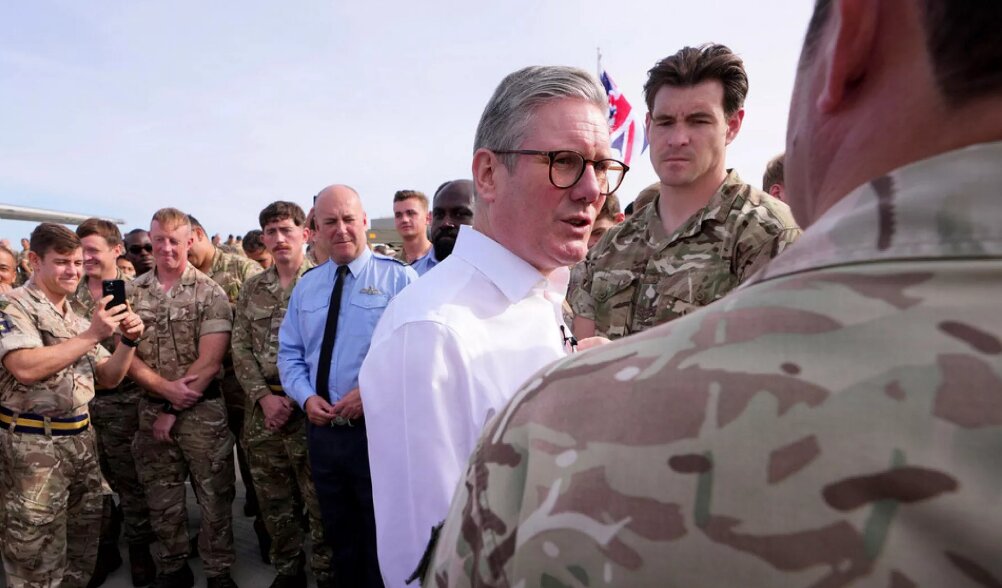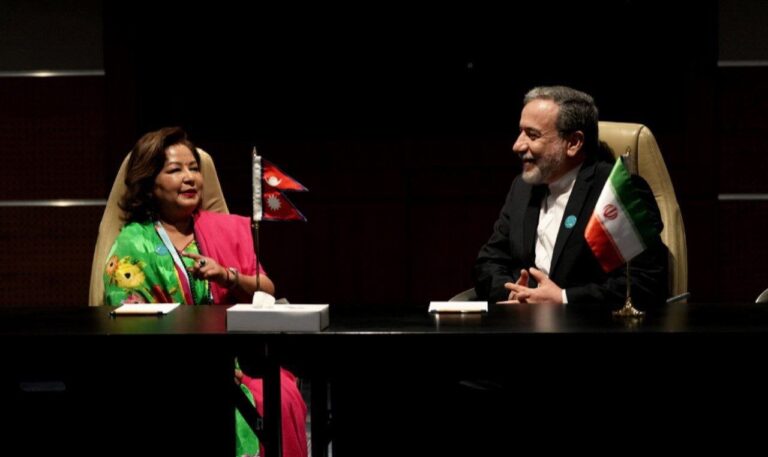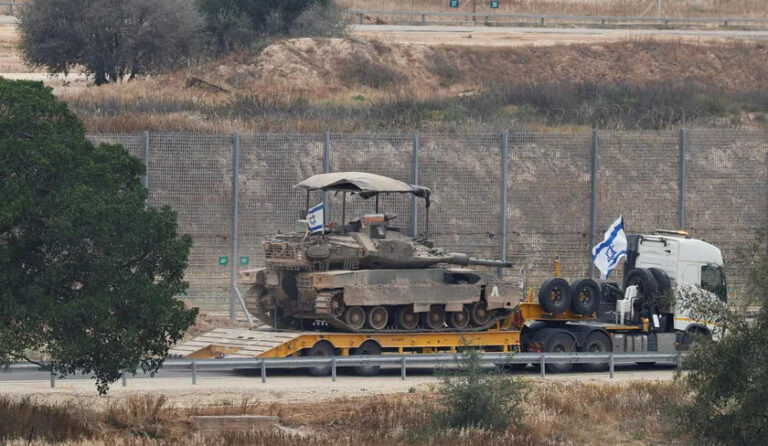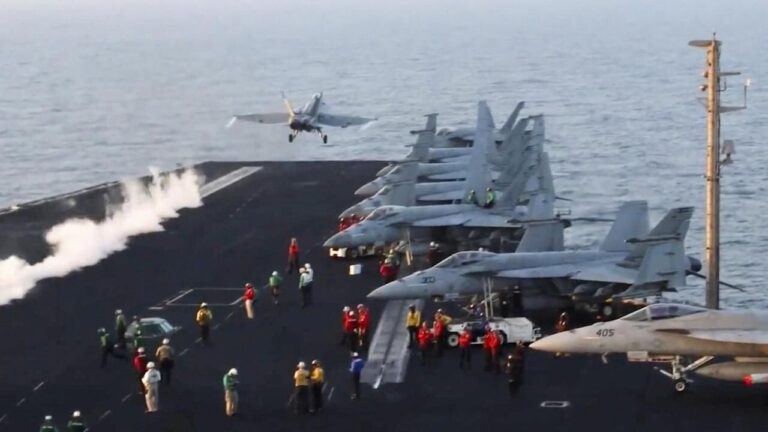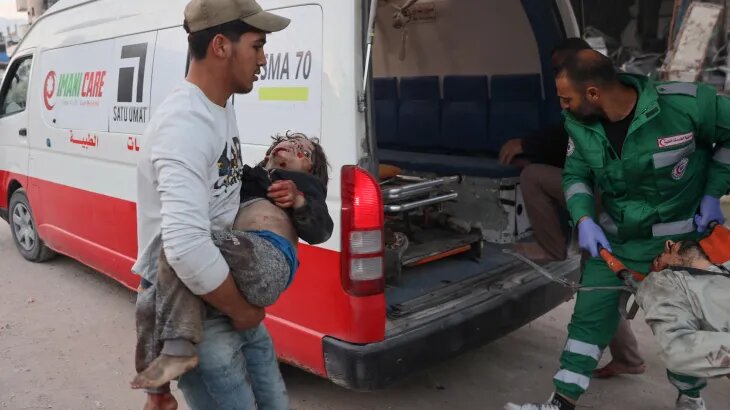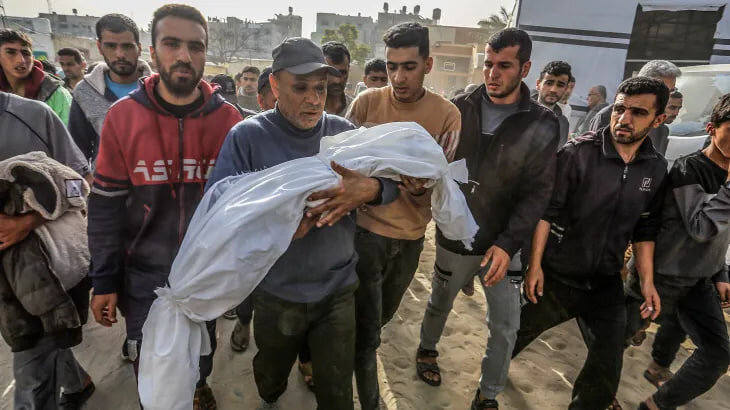UK PM Signals Potential Deployment of British Troops to Ukraine Amid Rising Tensions
In a significant development regarding the ongoing conflict in Ukraine, UK Prime Minister Keir Starmer has expressed his readiness to send British troops to the region, contingent upon a deal that includes the presence of European peacekeepers. This statement marks a pivotal moment in UK’s foreign policy regarding the war and highlights the escalating urgency of the situation.
Starmer’s announcement comes just ahead of an emergency meeting of European leaders scheduled to take place in Paris, underscoring the importance of international collaboration in addressing the crisis. According to an EU source familiar with the matter, Starmer is expected to participate in the discussions, which may shape the future of European security.
In an op-ed published in the Daily Telegraph, Starmer articulated the gravity of the situation, stating that deploying peacekeeping troops could indeed pose risks, but he emphasized that the crisis represents an “existential” question for Europe and is a “once in a generation moment.” His remarks reflect a proactive stance on the UK’s role in supporting Ukraine.
The Prime Minister also reaffirmed the UK’s commitment to Ukraine’s defense and security, declaring that the country is prepared to contribute £3 billion (€3.6 billion) annually until 2030. This financial commitment aims to bolster Ukraine’s resilience against aggression and enhance its military capabilities.
- Starmer’s readiness to deploy troops: This is the first explicit indication from the British leader regarding the possible deployment of military forces to Ukraine.
- Emergency meeting in Paris: Starmer’s comments come just before a crucial gathering of European leaders, emphasizing the urgency of international response.
- Financial commitment: The UK is willing to invest significantly in Ukraine’s defense, pledging £3 billion annually until 2030.
Starmer’s comments follow a week filled with speeches from officials in the new Trump administration. During this period, concerns were raised about the potential winding down of US defense commitments in Europe and a shift toward initiating peace talks in Ukraine without European leaders’ involvement.
Keith Kellogg, the US President Donald Trump’s special envoy on Ukraine and Russia, stated on Saturday that it was improbable for Europe to have a seat at the negotiating table in the peace discussions between Russia and Ukraine. Despite this, he acknowledged that a “European alliance” would be vital in ensuring the sovereignty of Ukraine.
The backdrop of Starmer’s statements is marked by a recent trend where top US officials, including President Trump and Secretary of Defence Pete Hegseth, indicated a lack of concern regarding the return of Russian-occupied territories to Kyiv. This stance poses significant implications for Ukrainian President Volodymyr Zelenskyy’s proposed peace deal, which hinges on these territorial disputes and Ukraine’s aspirations for NATO membership.
- US stance on European involvement: The new administration appears to be sidelining European leaders in the peace talks, raising concerns about collaborative efforts.
- Implications for Ukraine: The lack of US support for reclaiming territories could undermine Ukraine’s bargaining position in future negotiations.
As the situation evolves, the international community watches closely, particularly the implications of Starmer’s potential troop deployment and the financial commitment the UK is willing to make. The crisis in Ukraine is not only a test of military resolve but also a litmus test for European unity and the effectiveness of international alliances in the face of aggression.
In conclusion, UK Prime Minister Keir Starmer’s readiness to send British troops to Ukraine represents a significant shift in policy and a potential turning point in the international response to the ongoing conflict. The upcoming emergency meeting in Paris will likely not only address the immediate concerns but also set the framework for future diplomatic efforts and security arrangements in the region.
